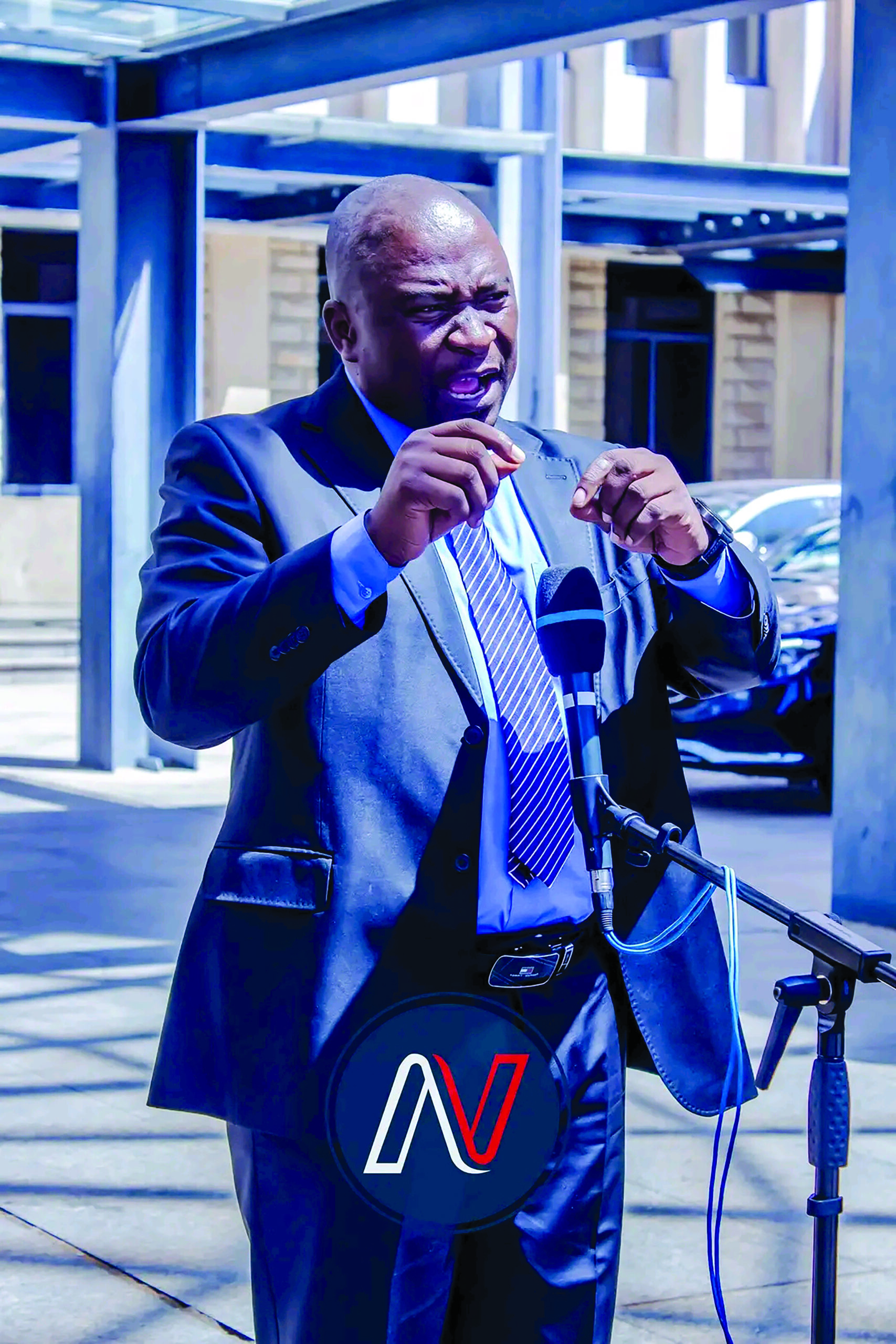- Minister calls for crisis intervention
Ntsoaki Motaung
Minister of Health Selibe Mochoboroane has raised concerns over the escalating rate of drug abuse, particularly prevalent in Maseru, with Lesotho High School being a focal point where students have allegedly been involved in drug-related incidents.
Mochoboroane asserts that approximately 20 students have faced dismissal from the school due to their involvement in drug abuse.
However, the school administration refutes this claim, with Principal ‘Matiisetso Ramothamo stating that while no students were expelled, instances of drug abuse among students have been addressed through counseling and parental involvement.
Ramothamo highlighted the school’s approach when students are discovered to be involved in drug abuse.
She said: “We immediately inform their parents and advise them to seek assistance for their children.” Additionally, she revealed insights gathered from the school’s investigation, noting that students procure drugs from street vendors posing as snack and fruit sellers near the school compound and bus stop areas in town.
“In an effort to address this issue, we welcome anyone willing to provide education on drug abuse and the benefits of abstaining from such activities,” stated Ramothamo.
She further explained that for students found engaged in drug-related behaviour, the school offers support through parental involvement, resulting in observed changes in behaviour.
“We often recommend therapy or counseling for these students, and we ensure they receive assistance by requesting certificates from psychologists verifying their participation in sessions,” she stated.
Mochoboroane expressed concern over the alarming prevalence of drug abuse in the country, advocating for the revival of the Blue Cross Society Lesotho’s rehabilitation center in Thaba-Bosiu.
This call comes in the wake of the center’s closure several years ago due to a prolonged disagreement with the Ministry of Health regarding funding.
Following the shutdown of the Blue Cross Society’s center, the country has been left without a dedicated rehabilitation facility for individuals struggling with drug and alcohol addiction.
Notably, neither the government nor private entities, including church-run health facilities, offer similar services nationwide.
The rift between the Blue Cross Society and the Ministry of Health stemmed from financial disputes dating back to 2015. The Ministry sought to subject the organisation to a government audit, with the intention of exerting control over the allocation of funds.
However, the Blue Cross Society, citing its operational autonomy, rejected this proposal, leading to a strained relationship that remains unresolved.
While acknowledging the breakdown in relations with the Ministry of Health, the Blue Cross Society expressed reluctance to reconcile, citing deep-seated grievances.
Mochoboroane articulated concerns regarding the strain that drug abuse places on the already overburdened healthcare system, particularly evident in the challenges faced by institutions like the Mohlomi Mental Institution, where a significant portion of admissions are attributed to substance abuse.
He highlighted the alarming trend of drug abuse among high school and university students, underscoring their pivotal role as the future of Lesotho.
“Due to the high rate of drug abuse among youth,” he stated, “the Ministry has decided to prioritise the revival of the Blue Cross rehabilitation center after its closure.”
Mochoboroane revealed his personal engagement with the Thaba Bosiu location of the center, where he assessed the necessary requirements for its successful operation.
Additionally, he commended the efforts of law enforcement agencies in combating drug trafficking and holding accountable those responsible for fueling the epidemic on the streets.
Meanwhile, Mphonyane Mofokeng, the Founder of the Anti-Drug Abuse Association of Lesotho (ADAAL), shed light on the prevalent substances abused in Lesotho, citing tobacco, alcohol, cannabis, cocaine, and crystal meth as the primary culprits.
Mofokeng emphasised ADAAL’s commitment to providing counseling services for individuals affected by drug abuse. She highlighted the absence of a dedicated rehabilitation center in the country, making it exceedingly challenging for drug users to access assistance.
“In cases requiring residential rehabilitation, we facilitate transfers to facilities in South Africa through our established networks,” Mofokeng explained. She noted that this arrangement is temporary, as ADAAL was actively strategising to establish its own rehabilitation center.
ADAAL’s core initiatives focus on empowering the youth through a range of projects, including advocacy, prevention efforts, community development, promotion of human rights, and research endeavours. Their multifaceted approach aims to address the root causes of substance abuse and foster healthier communities.




